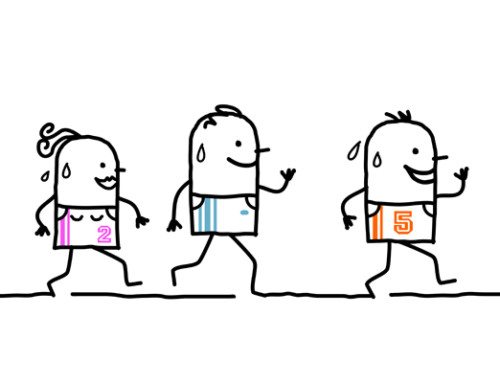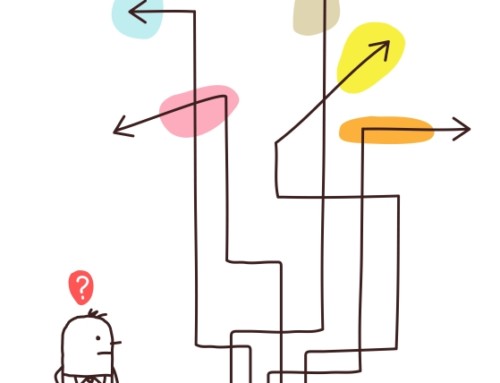In this article, I discuss how pursuing two different types of goals can have different effects on your mood.
Estimated reading time: 3 minutes.
In my last article, I discussed the psychological benefits of pursuing goals. These included providing meaning and purpose, boosting self-esteem, facilitating structure, improving time management, managing stress and fostering positive social relationships.
It should be noted that the extent to which pursuing goals leads to psychological benefits depends on the type of goal which you are pursuing. In this article, I will discuss one example to illustrate this point—whether the goal you are pursuing involves a change in your circumstances or entails you performing an activity on an ongoing basis. In the following sections, I will delve into the differential psychological benefits of pursuing these two types of goals.
Two types of goals: Activity-based and circumstance-based
Activity-based goals entail pursuing a goal which is focused on engaging in an activity. For example, I have pursued many activity-based goals involving athletic activities such as when I trained for the Boston Marathon, Ironman Canada and the Skaha Lake Ultra Swim. Currently I am pursuing the activity-based goal of learning to play the piano.
Circumstance-based goals entail pursuing a goal which is focused on changing your circumstances for the better. Moving into a new apartment or house, moving to a new city or town, buying a new car or television, and getting a raise at work are some examples of circumstance-based goals.
How the two types of goals affect your mood
Both activity-based goals and circumstance-based goals can have positive effects on mood. However, the positive mood effects of circumstance-based goals tend to be temporary whereas those of activity-based goals are more likely to be longer lasting.
One study with a finding supporting this difference asked participants to think of goals they had recently pursued. They were asked to think of both activity-based goals (e.g., began studying to gain admission to graduate school or made God a part of their life) and circumstance-based goals (e.g., moved to a nicer apartment or received unexpected additional income).
The results were that both activity-based goals and circumstance-based goals led to participants feeling happier six weeks later. However, only the activity-based goals had a positive effect on participants’ happiness twelve weeks later.

Reason for the different effects on mood: Hedonic adaptation
The reason that the positive mood effects of circumstance-based goals tend to be temporary is hedonic adaptation. This refers to the diminishing positive or negative effects on your mood over time following a change in your circumstances.
It applies to both favourable and unfavourable changes in your circumstances. That is, when a favourable change in your circumstances occurs it will initially have a positive effect on your mood but this positive effect will tend to diminish over time as you get used to your new more favourable circumstances. Examples include moving to a nicer home and receiving an increase in income. Similarly, when an unfavourable change in your circumstances occurs it will initially have a negative effect on your mood but this negative effect will tend to diminish over time as you get used to your new more unfavourable circumstances.
Activity-based goals tend to have more lasting positive effects on mood compared with circumstance-based goals because they are less susceptible to hedonic adaptation. The reason is that the positive effects on mood stemming from activity-based goals are the result of ongoing boosts to your mood which occur when you engage in the activities.
Enjoying the psychological benefits of both types of goals
Although activity-based goals have more ongoing and long-lasting psychological benefits than goals involving a change in your circumstances, I encourage people to pursue both types of goals. The positive effects on mood and happiness from a goal involving a change in your circumstances may be temporary. However, such temporary boosts to your mood can add enjoyment and excitement to your life which complements the positive psychological effects which you derive from pursuing your activity-based goals.
Some of life’s most exciting times involve pursuing and achieving circumstance-based goals such as moving into a new home, acquiring a new car, television or other item, or getting a raise or other increase in income. So, pursue these goals and enjoy them. Just make sure that you are also pursuing and enjoying activity-based goals.
May the goals you pursue be both circumstance-based and activity-based,
-Dr. Pat






Leave A Comment